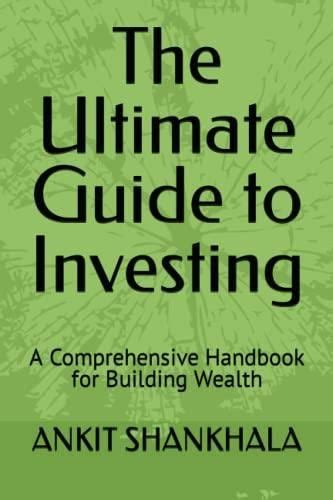Introduction

The British pound sterling (GBP), also known as the pound, is one of the world’s oldest and most traded currencies. It has a rich history and has played a significant role in global finance for centuries. In recent years, the pound has been impacted by Brexit and other economic uncertainties, making it a challenging but potentially rewarding investment opportunity. This comprehensive guide will provide you with the essential knowledge and strategies to navigate the world of pound sterling investing.
Understanding the Pound
The pound sterling is the official currency of the United Kingdom, the Isle of Man, Jersey, and Guernsey. It is also widely accepted in other parts of the world, including Ireland, Malta, and Gibraltar. The Bank of England (BoE) is the central bank responsible for issuing and regulating the pound.
Factors Influencing the Pound’s Value
The value of the pound is influenced by a complex interplay of economic, political, and geopolitical factors. These include:
- Interest rates: The BoE sets interest rates to manage inflation and economic growth. Higher interest rates make the pound more attractive to investors seeking higher returns.
- Inflation: Rising inflation reduces the purchasing power of the pound, making it less valuable.
- Economic growth: A strong economy typically supports a stronger currency.
- Political stability: Political uncertainty or unrest can weaken the pound.
- Global economic conditions: The pound is impacted by global economic conditions, such as geopolitical events and changes in commodity prices.
Investing in Pounds
There are various ways to invest in pounds, including:
- Currency exchange: Buying and selling pounds through a currency exchange service.
- Foreign exchange (FX) trading: Speculating on the value of the pound against other currencies.
- Pound-denominated bonds: Investing in bonds issued by the UK government or UK-based companies.
- Pound-denominated funds: Investing in mutual funds or exchange-traded funds (ETFs) that track the pound’s value.
- UK stocks: Investing in stocks of companies listed on the London Stock Exchange (LSE).
Strategies for Pound Investing
When investing in pounds, consider the following strategies:
- Diversify your portfolio: Invest in a mix of pound-based assets, including currency, bonds, stocks, and funds, to reduce risk.
- Monitor economic data: Stay informed about economic indicators that affect the pound’s value.
- Consider your risk tolerance: Determine how much risk you are willing to take and adjust your investment strategy accordingly.
- Use technical analysis: Technical analysis can help identify trends and patterns in the pound’s value.
- Seek professional advice: Consult with a financial advisor for personalized investment guidance.
Common Mistakes to Avoid
- Ignoring economic data: Failing to monitor economic data can lead to poor investment decisions.
- Overreacting to market volatility: The pound is susceptible to fluctuations, but overreacting can result in missed opportunities.
- Trading on emotions: Making investment decisions based on emotions can lead to costly mistakes.
- Not diversifying your portfolio: Concentrating your investments in a single asset class increases your risk.
- Ignoring transaction costs: Take into account the costs associated with currency exchange and other investments.
Why Investing in Pounds Matters
Investing in pounds can benefit your portfolio in several ways:
- Diversification: The pound is a major global currency, adding diversification to your investment portfolio.
- Potential for appreciation: The pound has historically appreciated against other currencies, offering potential returns.
- Exposure to the UK economy: Investment in pounds provides exposure to the UK economy, which is one of the world’s largest.
- Access to global markets: The pound is widely accepted globally, facilitating investments in other markets.
Conclusion
Investing in pounds sterling requires a comprehensive understanding of the factors that influence its value and a well-planned investment strategy. By following the guidelines outlined in this guide, you can make informed decisions and potentially reap the benefits of investing in one of the world’s leading currencies.
Tables
| Interest Rate and Inflation | Pound Value |
|—|—|—|
| High interest rates, low inflation | Strong pound |
| Low interest rates, high inflation | Weak pound |
| Economic Growth and Political Stability | Pound Value |
|—|—|—|
| Strong economic growth, political stability | Strong pound |
| Weak economic growth, political uncertainty | Weak pound |
| Global Economic Conditions and Pound Value |
|—|—|—|
| Strong global economy | Strong pound |
| Weak global economy | Weak pound |
| Investment Type and Pound Exposure |
|—|—|—|
| Currency exchange | Direct exposure |
| FX trading | Speculative exposure |
| Pound-denominated bonds | Indirect exposure |
| Pound-denominated funds | Indirect exposure |
| UK stocks | Indirect exposure |
